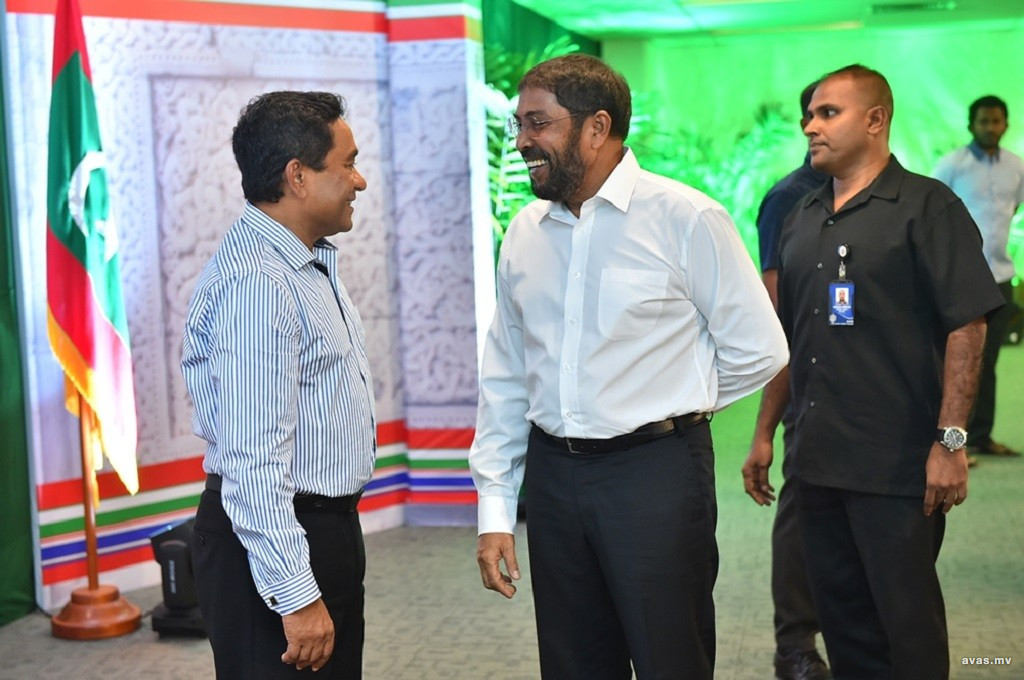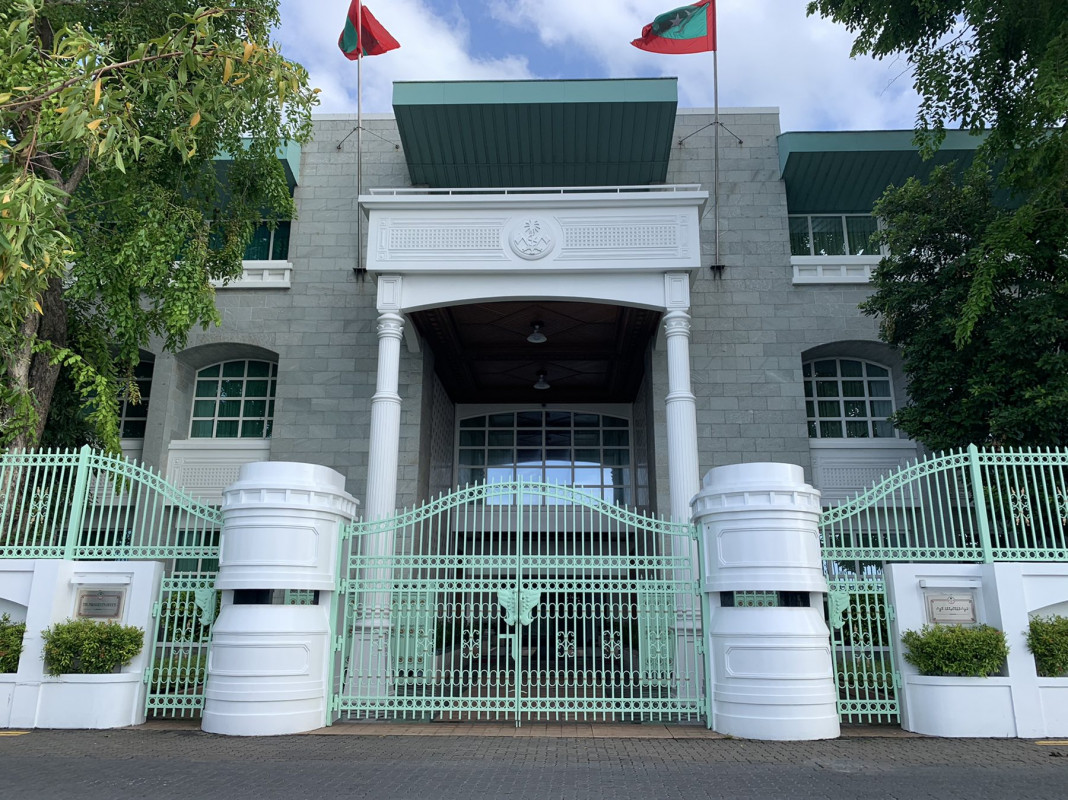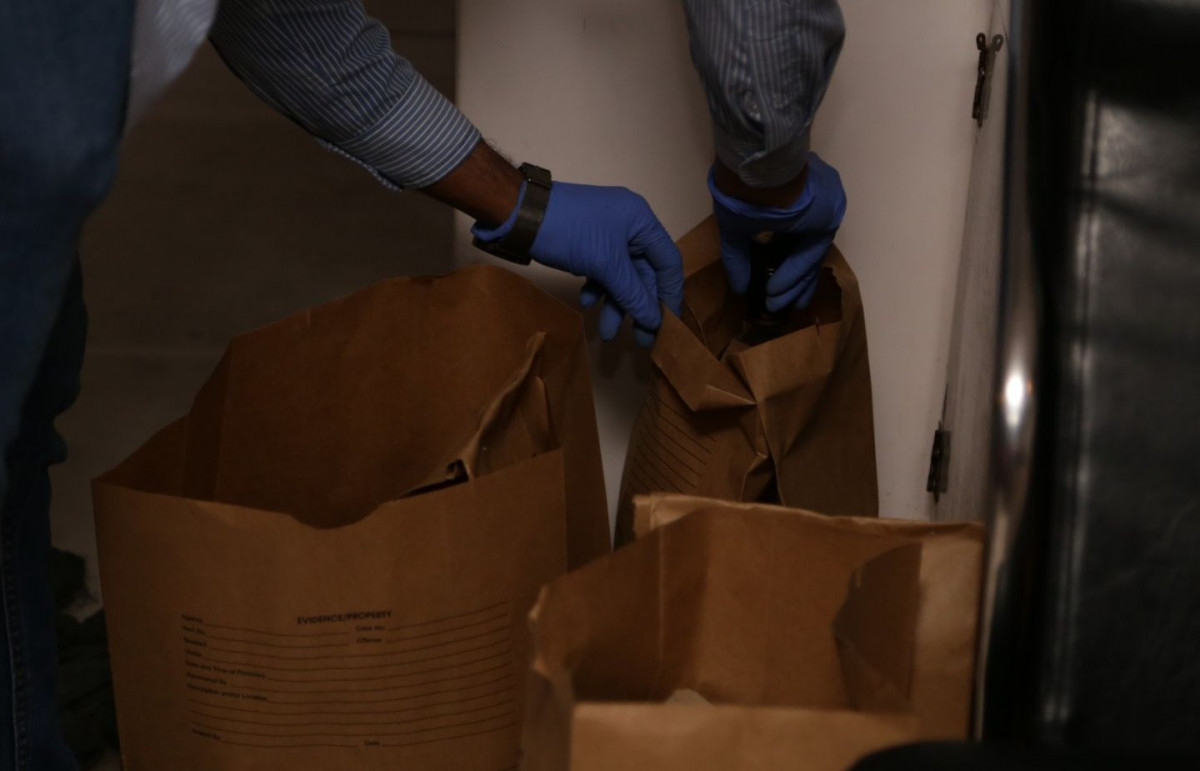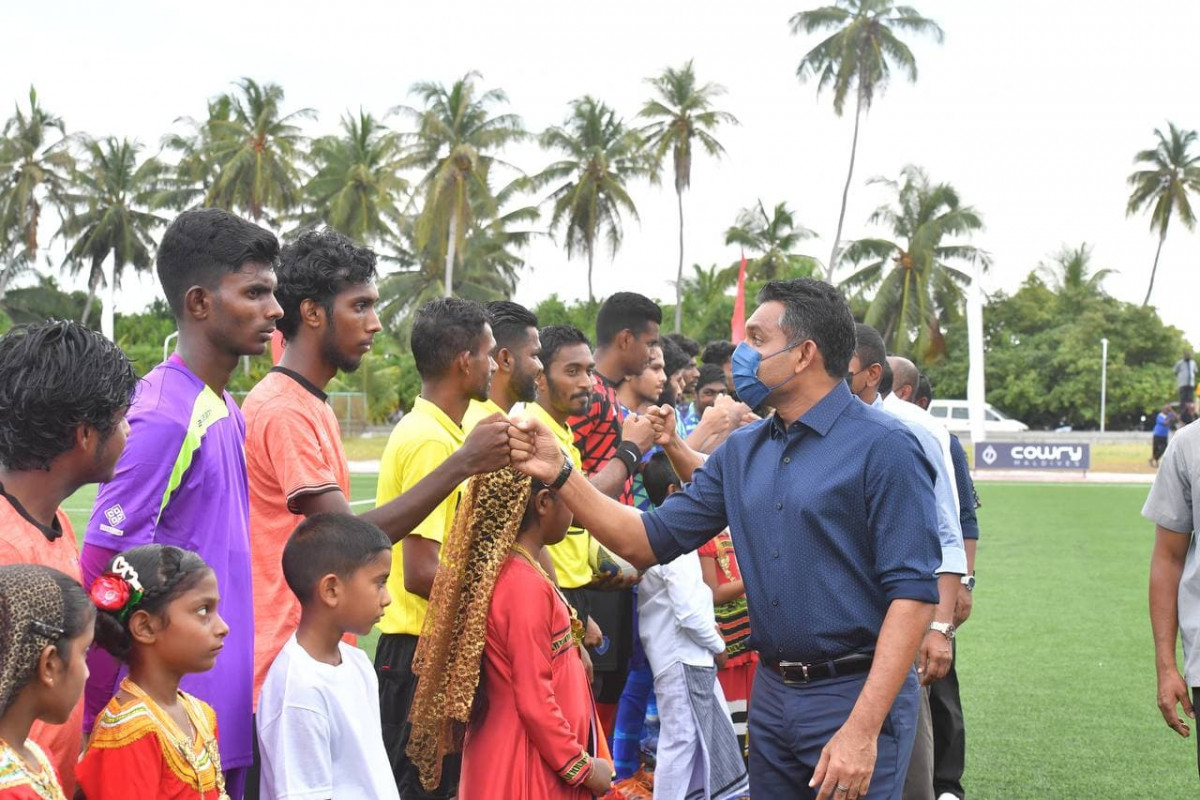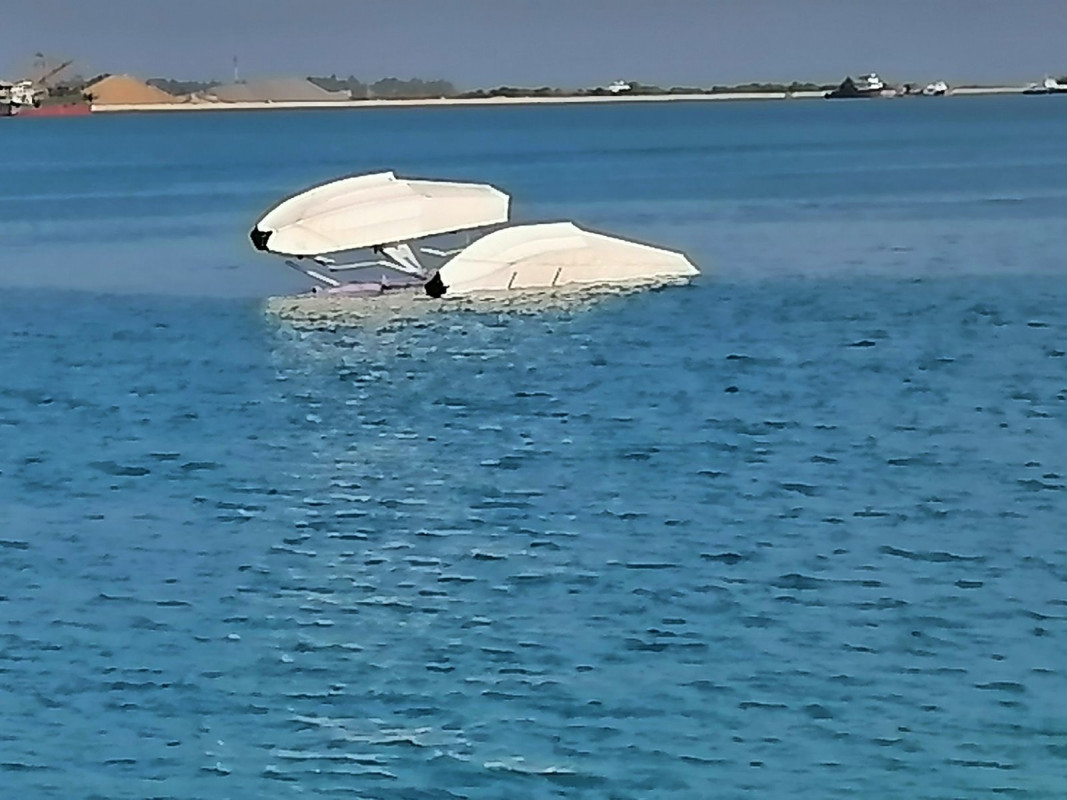"Maldives urgently needs a legislation to protect rights of victims of terrorism"
She will present her report to the UN Human Rights Council in March 2023, at the 52nd session of the council

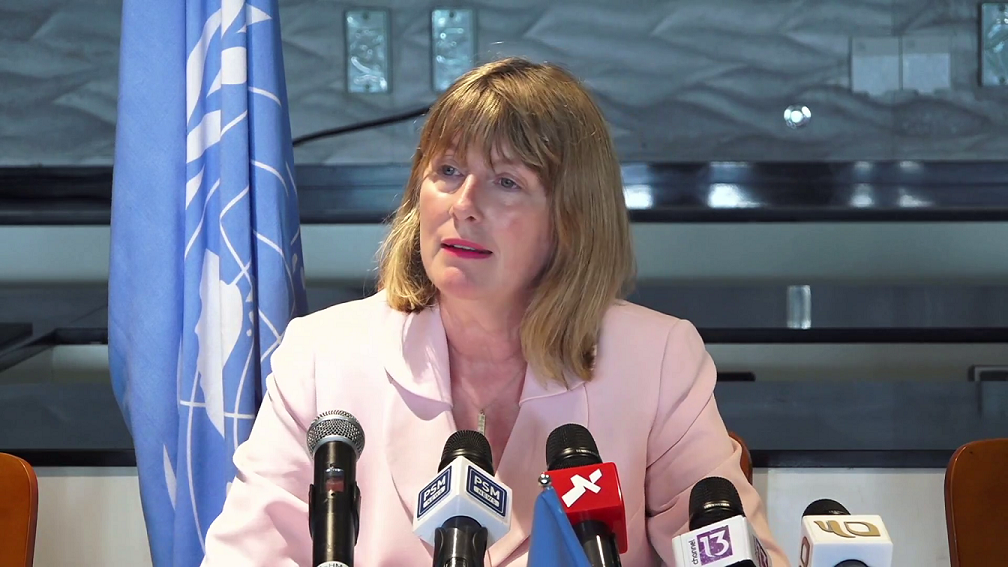
UN Special Rapporteur on the promotion and protection of human rights and fundamental freedoms while countering terrorism, Fionnuala Ní Aoláin gives briefing to Maldivian media
The United Nations (UN) Special Rapporteur on the promotion and protection of human rights and fundamental freedoms while countering terrorism, Fionnuala Ní Aoláin has stated that Maldives urgently needs a legislation to protect rights of victims of terrorism.
She made this statement during a press conference hosted on Tuesday, where the UN Special Rapporteur briefed the media on her preliminary findings during her recent visit.
As such, she shed light on the broader issue of addressing the challenges of regulation, regulating terrorism, violent extremism, extremism and religious extremism in any society, stating that the mandate had recognized these to be challenges for the government.
Highlighting that there are highly sensitive and complex issues in this regulatory space, she stated that the most effective and human rights compliant way to address terrorism is to ensure the functioning of the core rule of law systems in any society.
She highlighted that this ensures there are prison conditions that are “adequate” and “consistent” with international human rights standards so that prisons themselves do not become part of the conditions conducive to further violence in a society.
Shedding light on judicial independence, she noted that this is a crucial factor to ensure human rights are compliant to counter-terrorism.
With this being said, the Special Rapporteur also stated that lawyers have to be able to function effectively to defend persons charge of these offenses, adding that the mandate has concerns that there is a need to more robustly secure and ensure the independence, transparency and accountability of those, if foundational pieces of the Maldivian legal system is required.
Stating that the government of Maldives currently does not have a specific legislation to protect the rights of victims of terrorism, the UN Special Rapporteur strongly urged to the government to implement such a legislation.
The Special Rapporteur expressed concern over the extent to which the targeting of civil society actors, including in particular female human rights defenders by private actors and groups, which she described to be a phenomena that is constricting of civil society, one that imposes self-limits on civil society and that ultimately leads to a sense that civil society cannot operate fully and openly and in society.
The Special Rapporteur concluded her visit to Maldives on Tuesday and a debriefing session was held at the Ministry of Foreign Affairs.
She will present her report to the UN Human Rights Council in March 2023, at the 52nd session of the council. The report in question highlights a number of very specific recommendations to the government of Maldives to amend, tighten and ensure that particular parts of that legislation are fully human rights compliant.
The Special Rapporteur on counter-terrorism and human rights holds a Special Procedures mandate of the UN Human Rights Council that was established in April 2005 by the former Commission on Human Rights.
The mandate of the Special Rapporteur has been extended by the Human Rights Council multiple times, most recently on 12 April 2022, for a further period of three years.
